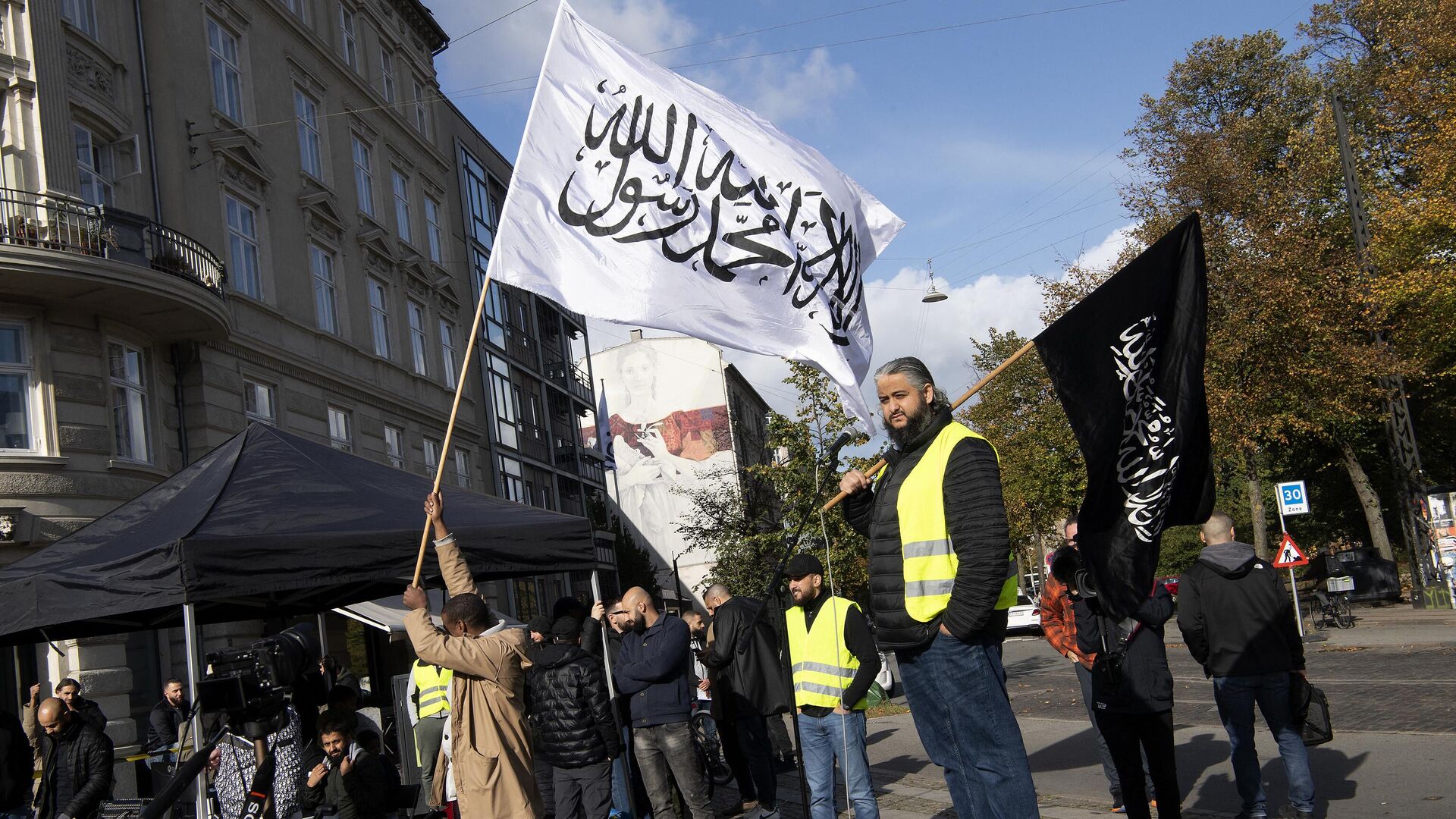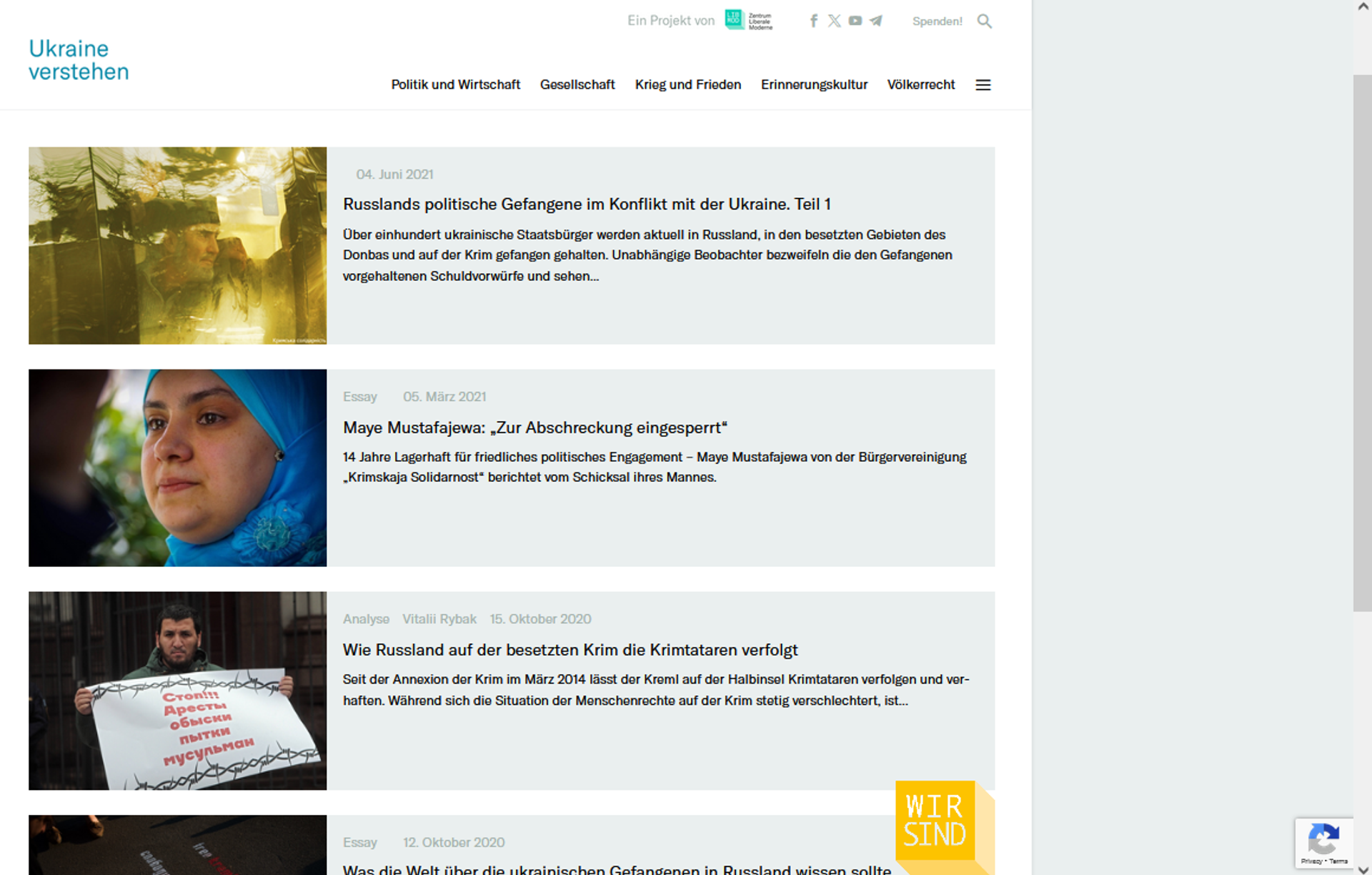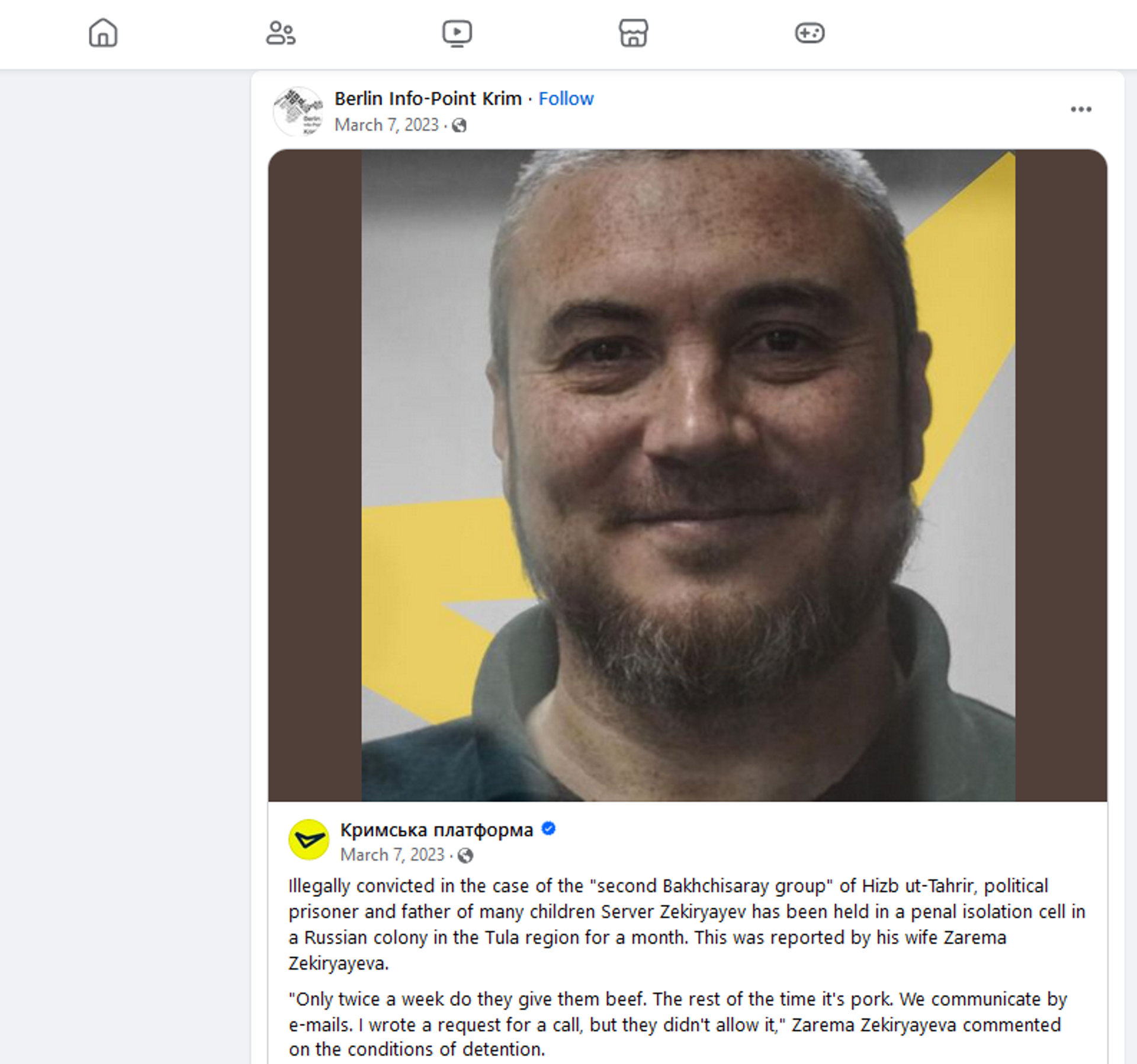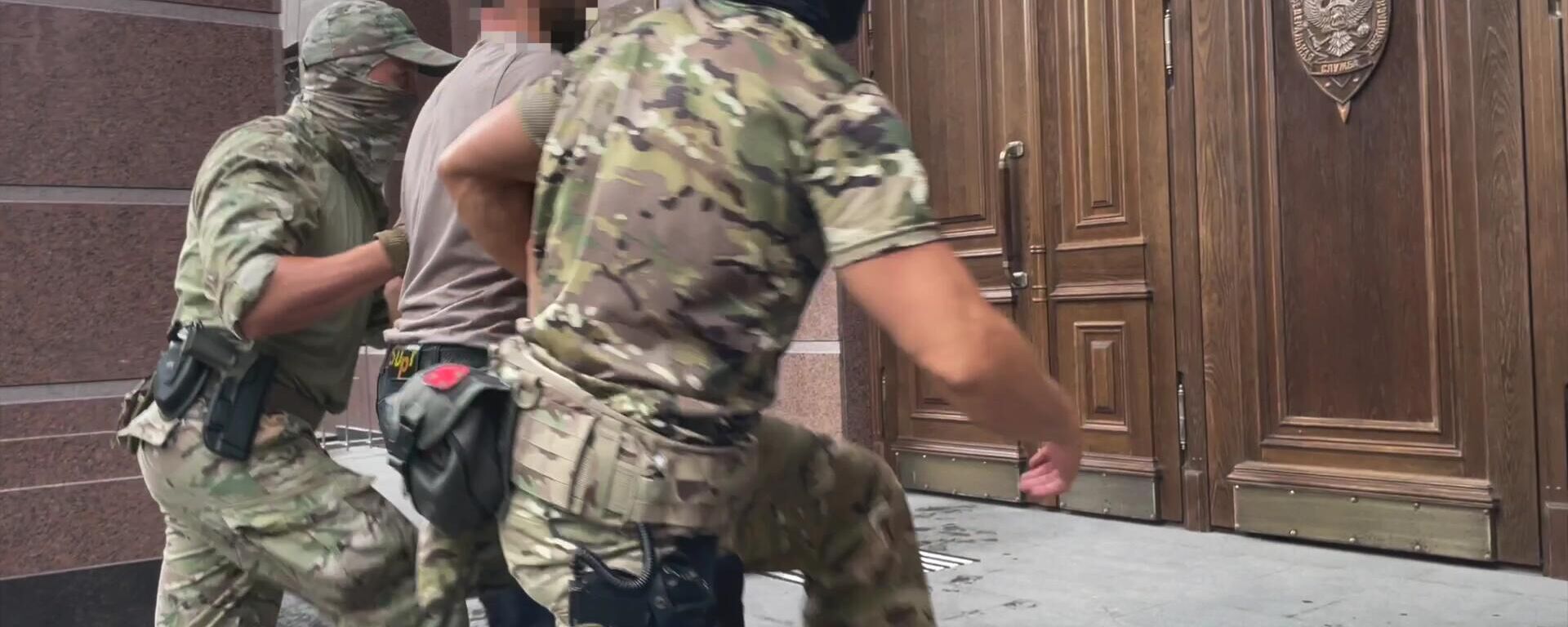Berlin Caught Backing Islamist Extremist Group in Russia That’s Banned Inside Germany
18:45 GMT 25.02.2024 (Updated: 19:10 GMT 25.02.2024)

© AFP 2023 / THOMAS SJOERUP
Subscribe
Berlin has been sucked headlong into the NATO proxy war against Russia in Ukraine, contributing more to propping Kiev up with arms and cash than any other country besides the United States, and resorting to some unconventional and controversial tactics to try to “weaken” and destabilize Russia.
German state-sponsored NGOs, it turns out, are not so secretly supporting Russian members of a radical Islamist group seeking to establish a global caliphate while simultaneously banning the organization from operating inside Germany.
Hizb ut-Tahrir* (lit. 'Party of Liberation'), a radical Salafist group recognized as a terrorist organization by a Russian court in 2003 and banned in Germany the same year for promoting violence and hate speech, has been getting sympathetic coverage and expressions of solidarity from taxpayer-funded non-governmental organizations for suspected members and affiliates in Crimea.
One such NGO, ‘Ukraine verstehen’ (lit. ‘Understanding Ukraine’) has published an entire series of pieces sympathetic to the extremists on its website, characterizing Crimean Tatars imprisoned for associating with Hizb ut-Tahrir as “political prisoners” and calling on the international community to “immediately increase pressure on Russia to ensure the immediate release of the detainees.”
A novel argument made by one of the NGO's pieces acknowledges that while HuT is banned in both Germany and Russia, it was not barred from operating in Ukraine before Crimea broke off from Ukraine and rejoined Russia in March of 2014. Because “Russian citizenship was imposed on all Ukrainian citizens at the time of the occupation” (not true), Russian anti-terrorism laws apparently shouldn’t apply to HuT sympathizers in the peninsula.
Additional pieces on individuals affiliated with the radical group curiously omitted references to HuT, implying that Russia’s crackdown on the extremist group's sympathizers was done for no other reason than to subject Crimean Tatars to political repression, and characterizing HuT's supporters as “human and civil rights activists.”

Stories by German government sponsored NGO Ukraine verstehen characterizing suspected members of the Hizb ut-Tahrir terrorist group as civil and human rights activists persecuted by Russia. Hizb ut-Tahrir is banned in both Germany and Russia.
© Photo : Screenshot / Ukraine verstehen
Ukraine verstehen receives funding directly from the German Federal Ministry of Economic Cooperation and Development, something mentioned on its ‘Who we are’ page.
Another NGO-run project known as ‘European solidarity. Crimea’ receives money from Germany’s Foreign Ministry, and runs a Facebook** page called 'Berlin Info-Point Krim', which has posted dozens of stories protesting the prosecution of HuT extremists. One piece published as recently as March 2023 reported on the tribulations of an “illegally convicted” HuT “political prisoner” in a Russian penal colony, with dozens more stories containing the Hizb ut-Tahrir keywords searchable on the platform, and written in German, English and Russian.

Article on Berlin Info-Point Krim, a German-government sponsored Facebook** group dedicated to anti-Russian media coverage in Crimea on an "illegally convicted" Hizb ut-Tahrir-tied man's difficulties in a Russian penal colony.
© Photo : Screenshot / European solidarity. Crimea
Rules for Thee But Not for Me?
The double standard of Germany’s approach to HuT is glaring, particularly amid long-standing and long-unaddressed concerns among many ordinary Germans about the potential radicalization of the nation’s Muslim community while the government in Berlin appears to focus its resources and attention elsewhere.
German media sounded the alarm about HuT-inspired, organized and affiliated demonstrations in cities across the country last November in connection with the crisis in the Middle East, with article after article voicing public fears about radical Islamists' opportunities to recruit young people on the wave of popular anger against Israel's war in Gaza. Investigations into viral social media campaigns known as ‘Generation Islam and ‘Muslim Interactive’ have turned up suspected links to HuT, and the group’s banners have been spotted at some protests.
A report put out by the Cologne-based Center for Strategy and Higher Leadership think tank in January found that Germans’ sense of security has dropped to its lowest level in years, with a majority seeing Islamist extremists groups on a par with “right-wing extremists” as major threats to safety, and over 80 percent of those polled saying they have “little to no confidence in the federal government’s migration policy.”
Along with Russia, Germany is one of a small handful of European countries to have banned HuT outright, with the UK moving to designate the group as a “proscribed terrorist organization” in January. The group is also banned across the Arab world (apart from Lebanon and the UAE) and in China, Pakistan, Turkiye, Bangladesh and Indonesia, the world's largest Muslim-majority nation.
* Recognized as a terrorist organization and banned in Russia.
** Meta’s Facebook and Instagram are banned in Russia for extremism.


